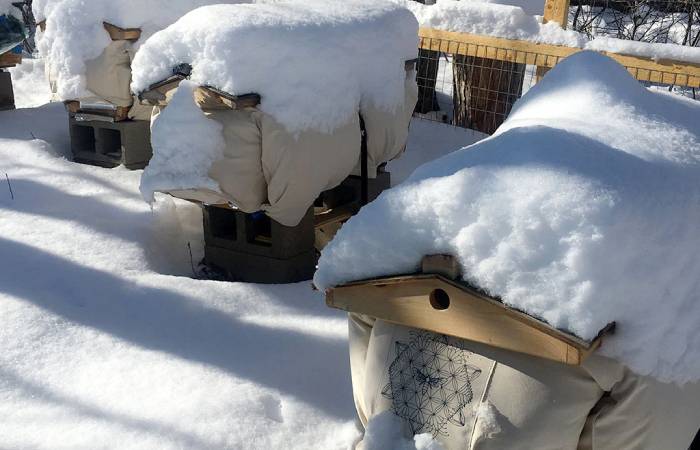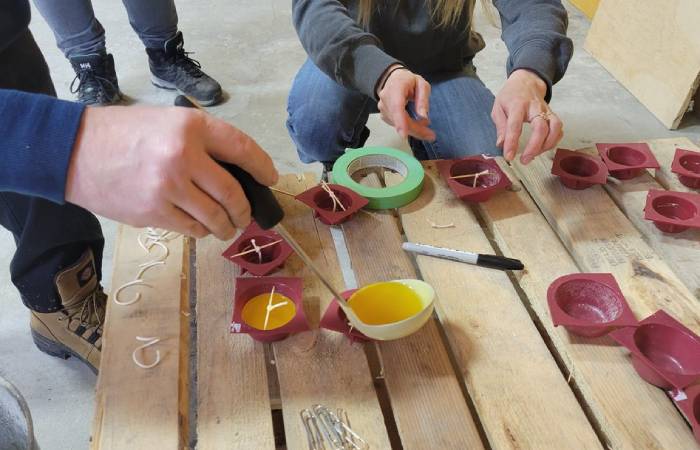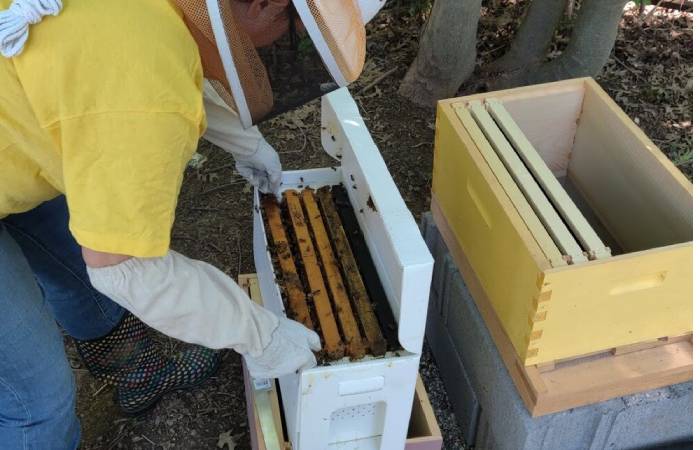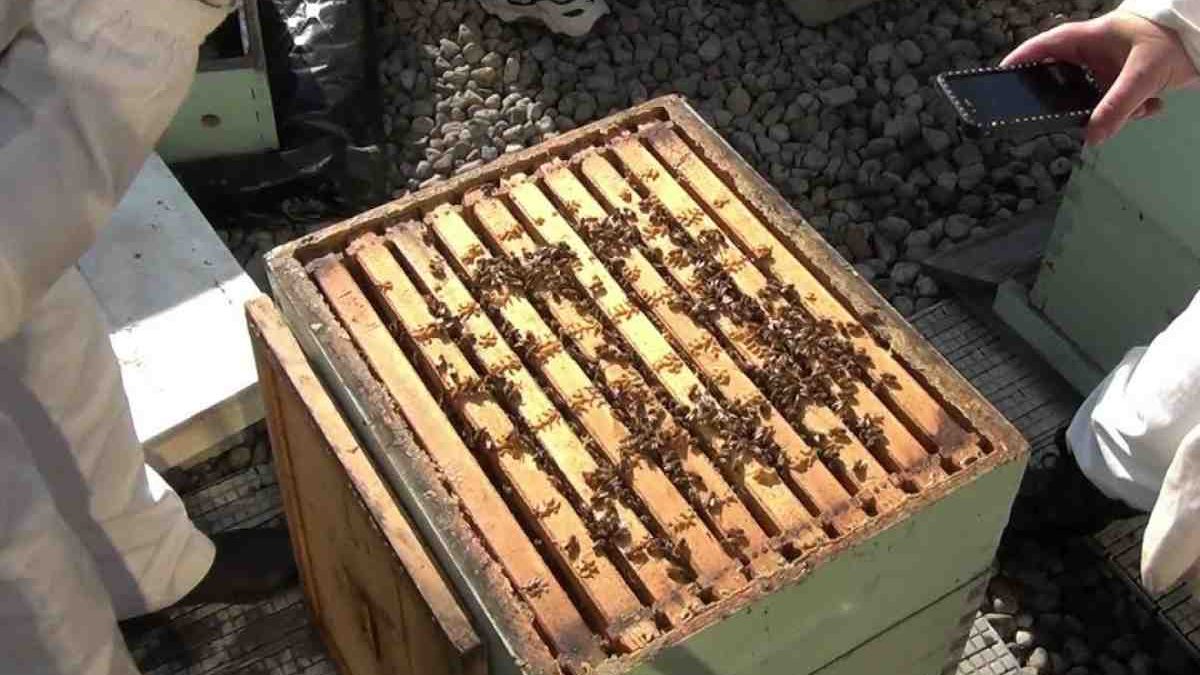Honey Bee Cozy Winter Hives Wraps for Sale
Table of Contents
Introduction
Most hive losses occur during the winter. Even the most experienced beekeepers cannot keep every hive alive. Working with nature entails this. Imagine if every colony on the planet survived the winter. Imagine that all those colonies reproduced twice or three times the following year. We’d remain infested with bees!
It is not an excuse for careless, hands-off beekeeping. Poor husbandry should never kill a colony. Winter losses can and will occur, so beekeepers must do everything possible to minimise them and improve the quality of their stock every year.
Also read: Asset Tokenization – Definition, Concept, Characteristics, Advantages
Do honeybees die in the winter?
Unfortunately, some colonies do perish during the winter. It can occur if the population is insufficient, food stores are inadequate, or the colony enters the winter carrying a disease or virus.
The previous winter killed an estimated 32.2 per cent of managed colonies in the United States in 2021.
The Bee Informed Partnership surveys over 22,000 beekeepers across the US and has created a map of winter losses by state.
Beekeepers work all year to prepare their colonies for the winter. Opening a hive in February only to find a small cluster of dead bees is heartbreaking.
What do honeybees do in the winter?
Honeybees cluster tightly inside the hive to stay warm in the winter. The queen is in the cluster’s centre, where the temperature is around 90–100 °F. To generate heat, worker bees vibrate their bodies.
Clusters remain made up of two parts: a dense outer mantel and a sloppy inner core. Bees are packed together in the outer mental to retain heat. The bees are loosely packed in the centre and can move around freely. Depending on the outside temperature, the cluster expands or contracts.
What do bees eat in the winter?
Also read: Lava Mobile 4G
Vibrating all day and night requires a lot of energy. Bees consume the honey they store away in the spring and fall during the winter. While pollen is necessary for their diet, honey is their primary energy source.
Honeybees take great care not to waste their valuable food stores. As winter approaches, female worker bees will evict male drone bees from the hive.
Drones exist solely to mate with the queen. Drones waste resources because the queen does not fly on mating flights during the winter.
Don’t be surprised if you see a male bee dragged out of a hive by a tenacious worker in the late fall.
Also read: Best Personal Injury Attorney Chicago Langdonemison.Com
Do bees hibernate?
No, bees do not hibernate like mammals. They do not become inactive to save energy. Instead, the colony acts like a tiny furnace by constantly pumping its flight muscles throughout the winter.
This is why there isn’t much activity at the hive’s entrance during the winter. The bees aren’t foraging because they’re too busy keeping the hive warm. Furthermore, there is almost nothing to eat in the environment during the winter.
On warm days, bees may fly out of the hive. What are they doing if there is no food outside? They’re going about their business. Bees are extremely clean and prefer not to poop in their hive. They instead take “cleansing flights.”
Also read: What Market Share And How to Work ?
Conclusion
There is no magic formula or silver bullet that will ensure the survival of every colony. Beekeepers can go on and on about minor details like equipment configuration. The truth is that we still don’t know much about honeybee behaviour in the winter. There is still work to remain done in the research department. One thing is certain: proper winter preparation is essential for healthy bees.
Also read: Kukupao Toca Boca Life World



Review Honey Bee Cozy Winter Hives Wraps for Sale.